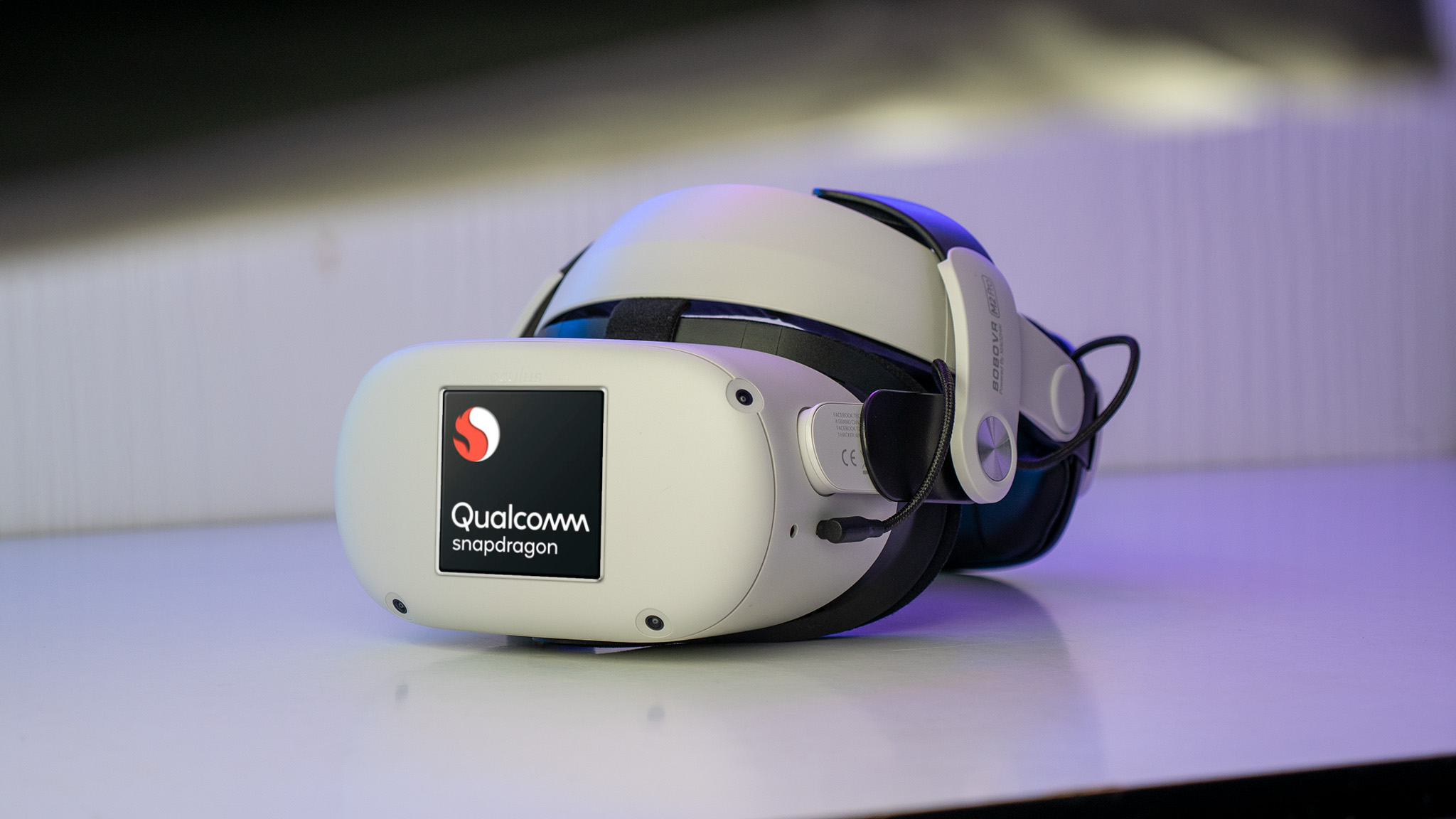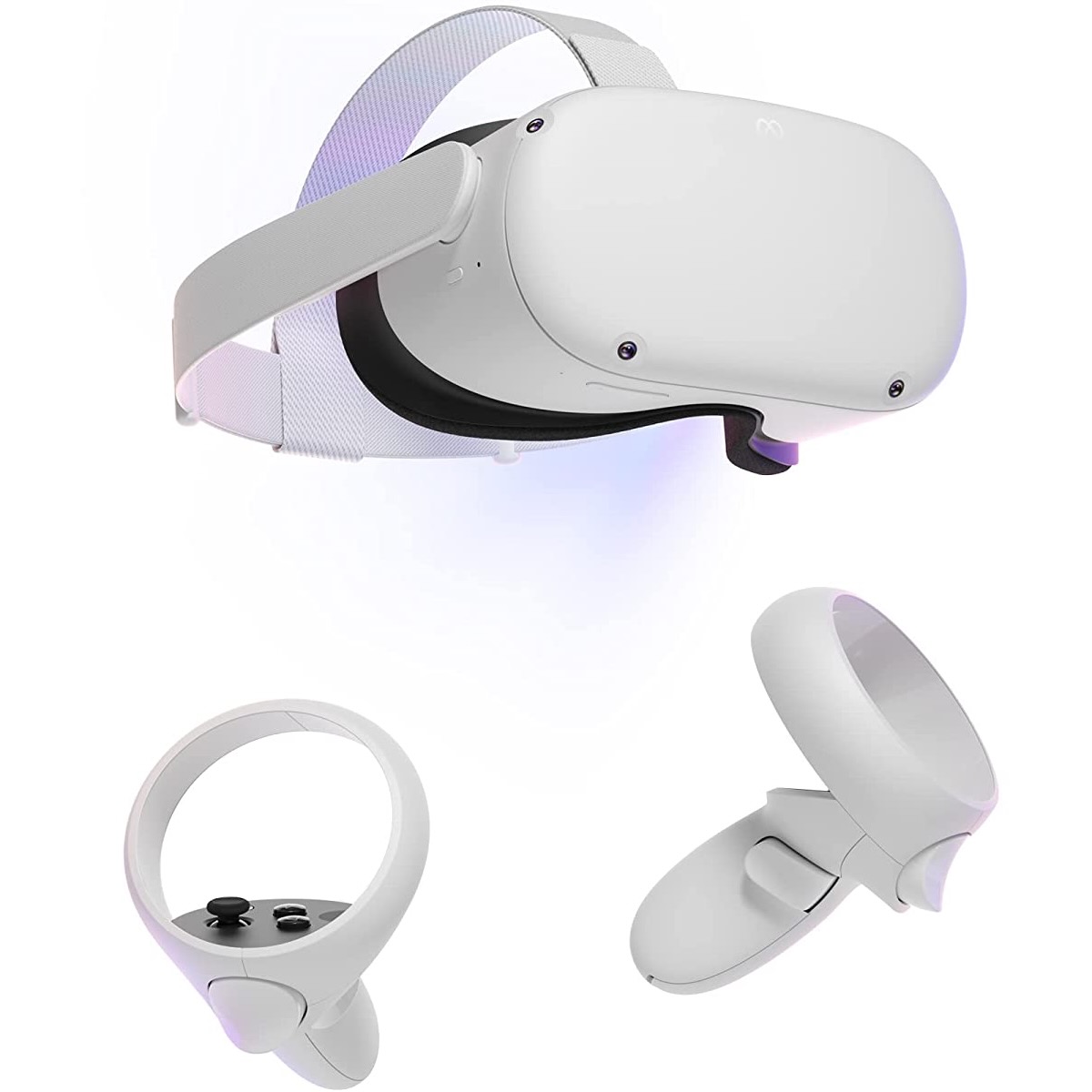Future Oculus Quests won't be using Meta's own VR chipsets any time soon
A new multi-year partnership seals the fate of Meta's chipset business...for now.

What you need to know
- Meta and Qualcomm have signed a multi-year deal to use Snapdragon XR chipsets in Meta Quest VR headsets.
- This is a continuation of the partnership that Meta and Qualcomm have had for the past seven years.
- Meta had previously tried to develop its own XR chipsets and OS, but abandoned plans for both.
The future of AR and VR seem to be squarely in the hands of Qualcomm, if a new partnership between Meta and Qualcomm are any indication. Announced at IFA 2022 in Berlin, this new multi-year partnership ensures that future Meta Quest headsets will be using Snapdragon chipsets inside, building upon an existing agreement that Meta and Qualcomm have had for the past seven years.
Qualcomm and Meta announced the renewed partnership at the Qualcomm IFA 2022 keynote, which was later issued in a press statement (via Neowin). Neither company was particularly specific about future plans but we know that the Meta Quest Pro will be arriving on store shelves as early as next month, and it will definitely be powered by a Qualcomm chipset according to this agreement.
Whether this is a new chipset or a super-powered version of the existing Snapdragon XR2 chipset found in the Oculus Quest 2 is anyone's best guess at this point. The Meta Quest Pro, also known as Project Cambria, will be a sleeker, more premium-grade headset than the Quest 2 and is slated to be quite a bit more expensive than the Quest 2 at a rumored price of $799.
Based on previous leaks and rumors, Meta had apparently been working on its own in-house chipsets for a potential Meta Quest 3, which is rumored to be released in Fall 2023. Like Google's own in-house Tensor chipset — which launched with the Pixel 6 last year — an in-house designed chipset could help keep costs down and avoid Meta raising the price of future headsets.
Given the partnership agreement between Meta and Qualcomm is now a multi-year one with no publicly-stated end time frame, it's likely these plans have been put on the back burner for now, just as Meta has shelved its own AR/VR OS in favor of continuing to use Android on its future headsets.

Project Cambria is just around the corner, but if you're not comfortable with spending $800 or more on a VR headset, the Quest 2 is your best bet. It's as easy to use as a console and gets better with every monthly update.
Be an expert in 5 minutes
Get the latest news from Android Central, your trusted companion in the world of Android

